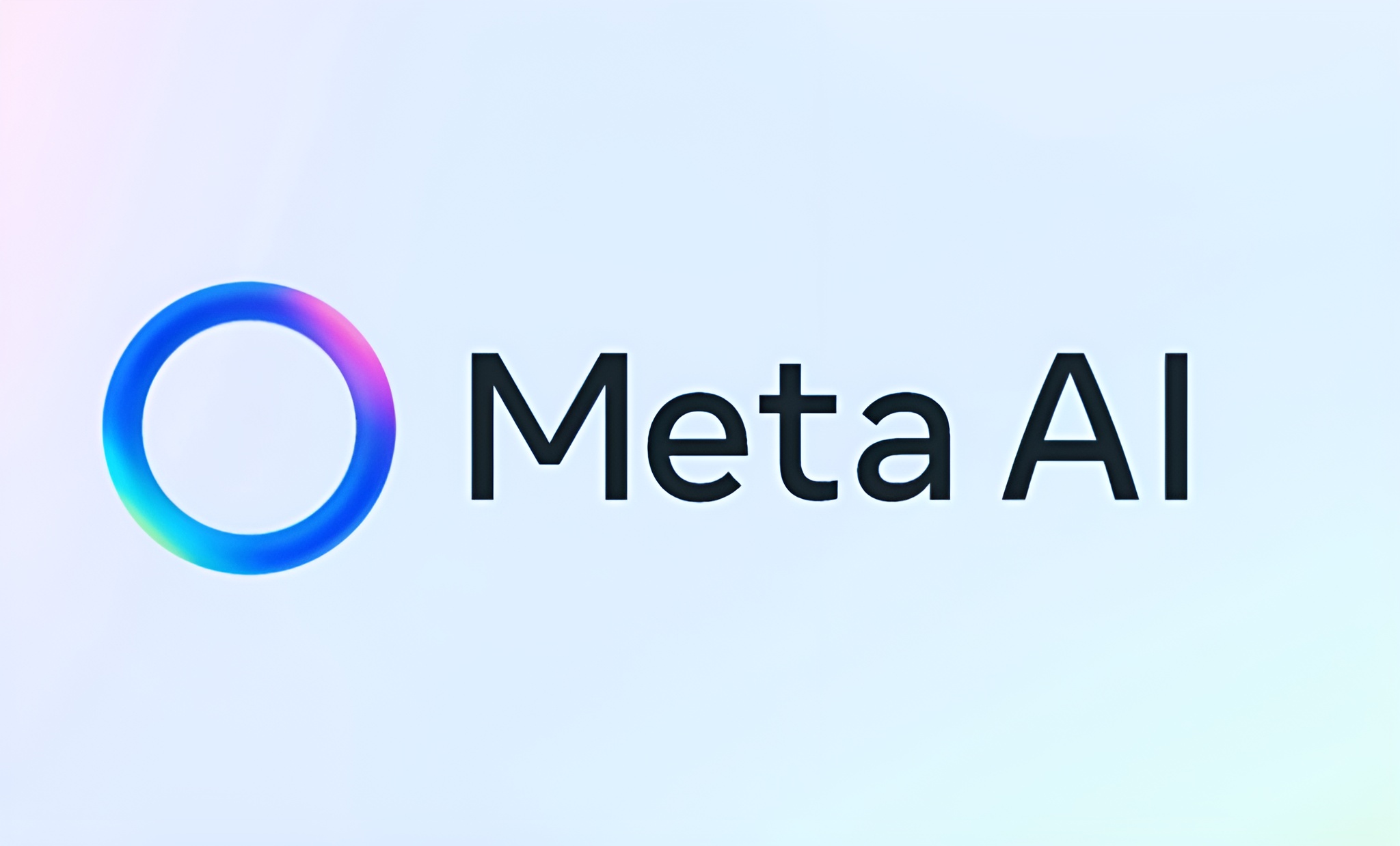As interest in AI grows, many companies that previously cut staff are now rehiring some of the same employees. Visier data shows about 5.3 percent of laid-off workers have returned, marking a steady but rising trend.
The findings suggest AI adoption has not yet replaced human labour at the scale some executives anticipated.
Visier’s analysis of 2.4 million employees across 142 global companies indicates that AI tools often automate parts of tasks rather than entire jobs. Experts say organisations are realising that AI implementation costs, including infrastructure, data systems, and security, often exceed initial projections.
Many companies now rely on experienced staff to manage or complement AI tools effectively.
Industry observers highlight a gap between expectations and outcomes. MIT research shows around 95 percent of firms have yet to see measurable financial returns from AI investments.
Cost-cutting measures such as layoffs also carry hidden expenses, with estimates suggesting companies spend $1.27 for every $1 saved when reducing staff.
Executives are urged to carefully assess AI’s true impact before assuming workforce reductions will deliver long-term savings. Rehiring former employees has become a practical response to bridge skill gaps and ensure technology integration succeeds without disrupting operations.
Would you like to learn more about AI, tech and digital diplomacy? If so, ask our Diplo chatbot!










